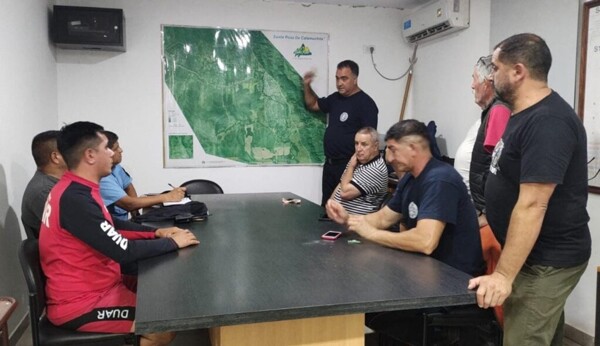
Currently, there are many complex diseases for which science has not yet found answers. A crucial intervention in this area is early detection, which allows children to be referred to the appropriate specialists and, if they follow the proper treatment, gives them the possibility to live a life without sequelae.
Dr. Paola Ripa, a pediatrician at the Molas Hospital in La Pampa, mentioned that diverse cases are attended to, such as young individuals diagnosed in the first week of life, who receive immediate and strictly followed treatment. This allows them to achieve the expected developmental milestones for their age and live a full and independent life.
However, there are also cases where, despite an early diagnosis, the treatment is not adequately maintained, is done intermittently, or is even diagnosed late. Every year, thousands of babies are born with rare metabolic diseases that can cause permanent neurological and developmental consequences.
One of these diseases is phenylketonuria (PKU), a genetic disorder that affects the body's ability to break down an amino acid found in many foods. The accumulation of this amino acid can lead to intellectual disability, learning problems, and severe behavioral changes.
Thanks to the national neonatal screening program, known as the heel prick test, it is possible to detect PKU and other diseases in the first few days of life. This simple analysis is performed between 24 and 48 hours after birth, before discharge, allowing for appropriate treatment to be started and preventing the devastating effects of these diseases.
The treatment for phenylketonuria is based on adopting a specific diet that limits the intake of foods high in phenylalanine throughout life. It is crucial to keep phenylalanine levels low, especially in the first years, when the brain is still developing, to prevent irreversible damage. Nutritional formulas designed to provide all essential amino acids except phenylalanine are a key piece of this treatment.
In summary, early detection and proper monitoring of neonatal screening programs are essential to ensure a future without barriers for children affected by diseases like PKU. Dr. Ripa emphasizes the importance of these programs in the early detection and treatment of such genetic disorders, which can make a significant difference in the lives of affected individuals.












